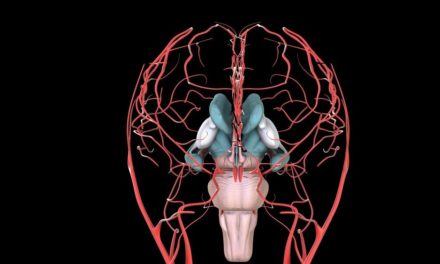Now, researchers at the Feinstein Institute for Medical Research on Long Island, New York have announced they are leading a nationwide clinical trial that will test the efficacy of a synthetic cannabinoid mimetic (imitating) drug, without mood- or behavior-altering properties, for the treatment of joint inflammation in lupus.
This new investigational drug candidate, JBT-101 (lenabasum), is similar in structure to tetrahydrocannabinol (THC), the active chemical in cannabis, however lenabasum lacks specific side groups that changes drug binding to certain receptors that alter brain function. Therefore, instead of affecting the brain, this oral therapy is designed to increase production of anti-inflammatory molecules in the body while reducing production of molecules that increase inflammation.
Dr. Meggan Mackay, professor of medicine at the Feinstein Institute, is the lead investigator for the clinical trial which will determine the efficacy of lenabasum to treat joint inflammation among 100 people with lupus. An additional 14 clinical trial sites across the United States also are participating in the two-year study sponsored by the National Institutes of Health (NIH) National Institute of Allergy and Infectious Diseases (NIAID) and supported by Corbus Pharmaceuticals.
Investigators will evaluate whether lenabasum may be able to serve as an alternative to immunosuppressant therapies, which often have many potentially debilitating side effects. Several smaller studies in other inflammatory disorders have reported positive results with lenabasum.
Adults with lupus that have active joint disease and at least moderate pain, and who may be interested in finding out more about this clinical trial, can contact Andrew Shaw at 516-562-2591 or Latchmin Persaud at 516-562-3814.
The Lupus Foundation of America congratulates Dr. Mackay and her team on their efforts to evaluate lenabaum as a potential treatment for lupus, and the National Institute of Allergy and Infectious Diseases (NIH-NIAID) and Corbus Pharmaceuticals for supporting this study.
Click here to see the original posting of this article on www.lupus.org



